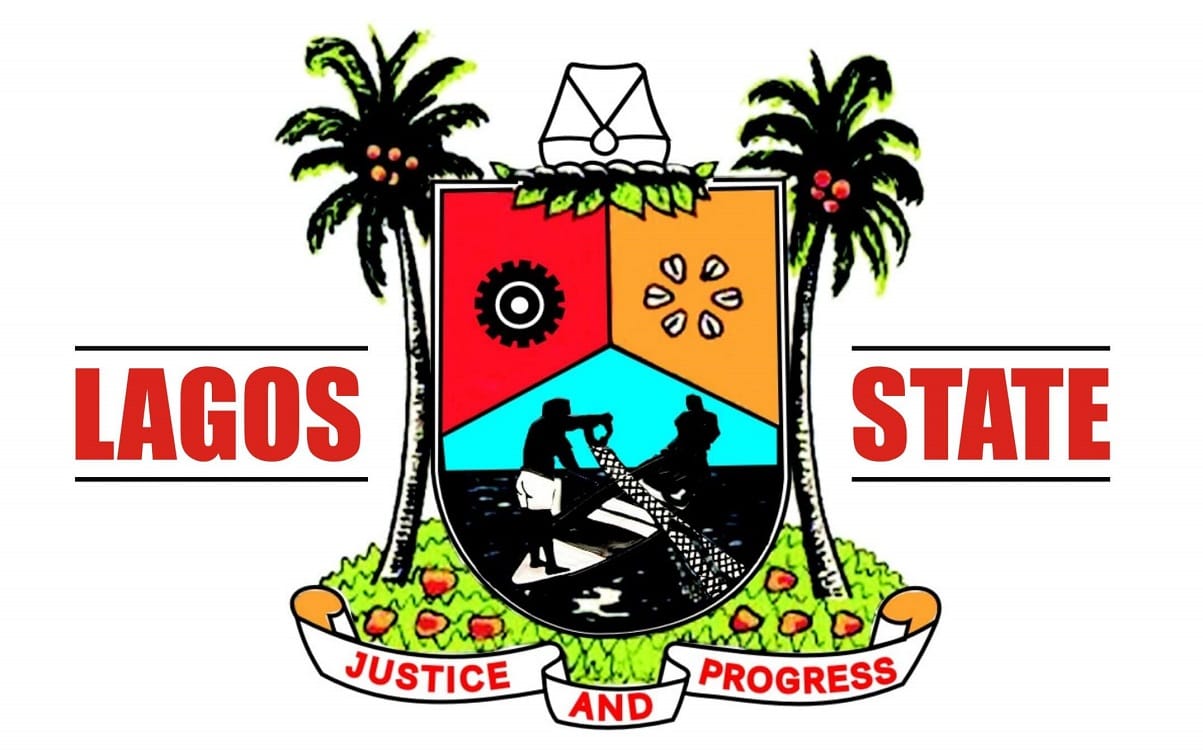Lagos State once led Nigeria in healthcare innovation, leveraging Public-Private Partnerships (PPP) to expand infrastructure, improve service delivery, and enhance efficiency. Over the past 15 years, different administrations have played key roles in shaping the sector. However, inefficiency and policy inconsistencies now threaten these gains. Bureaucratic bottlenecks are delaying critical projects, while rising healthcare costs are putting quality care out of reach for many residents (Lagos Health Sector Report, 2024).
Leadership review: 15 years of healthcare reform
|
Health Minister |
Tenure |
Key Achievements |
|
Dr. Leke Pitan |
1999-2007 |
Introduced PPP model, upgraded key facilities |
|
Dr. Jide Idris |
2007-2019 |
Led Ebola response, expanded PPP, launched LSHS |
|
Prof. Akin Abayomi |
2019-Present |
Managed COVID-19, introduced digital healthcare, PPP |
While these leaders made significant strides, recent setbacks threaten progress. The government must step up its response and act now.
PPP Success at Risk
The PPP model once revolutionized healthcare in Lagos:
- Infrastructure Growth: Investments upgraded Lagos University Teaching Hospital (LASUTH) and expanded Maternal and Child Centres (Lagos Ministry of Health, 2024).
- Health Insurance Expansion: The Lagos State Health Scheme (LSHS) improved access but now struggles with rising costs (World Bank, 2024).
- Specialized Care Advances: Facilities like the Lagos Kidney Institute boosted critical care services (Nigerian Healthcare Journal, 2024).
- Effective Public Health Response: Lagos’ coordinated Ebola response set global standards (WHO, 2024).
However, policy inconsistencies, abandoned projects, and inefficiencies threaten to erase these gains. The effectiveness of the PPP model depends on executive oversight and collaborative monitoring. A sustained commitment from civil servants is essential to preserving past achievements and ensuring continued progress.
What Must Be Done Immediately
- Revive the PPP Model – Strengthen partnerships with clear, enforceable contracts prioritizing efficiency and affordability (OECD Report, 2024).
- Demand Civil Service Accountability – Enforce performance reviews and eliminate bureaucratic delays (Lagos Governance Audit, 2024).
- Complete Abandoned Projects – Fast-track stalled hospital construction and ensure operational readiness (Infrastructure Development Index, 2024).
- Expand Health Insurance Coverage – Ensure LSHS subsidies reach the most vulnerable (National Health Insurance Authority, 2024).
- Guarantee Policy Continuity – Pass legislation to prevent frequent reversals of effective reforms (Public Administration Journal, 2024).
The Time for Action Is Now
Lagos State cannot afford regression. Government officials must act decisively to safeguard healthcare gains. Lagos residents deserve a system that works—one driven by efficiency, accountability, and sustained progress. If reforms stall, millions will suffer. Leadership is not about rhetoric—it’s about results. The future of Lagos healthcare depends on action today.






